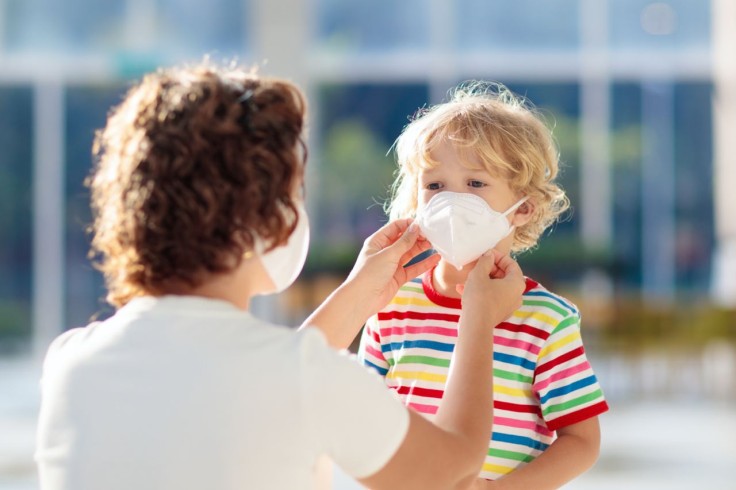
To keep a youthful glow, caring for your skin should be a top priority, whether you're young or old. But with the current COVID-19 pandemic policy that imposes everyone to wear face masks when in public spaces, caring for your skin has become quite the challenge.
Is your skin bruising? How about peeling? Are you developing rashes and acne? Do you feel itchy at all? If you're experiencing any of these, you're likely suffering from skin damage due to wearing masks for extended periods of time.
Whether you're already experiencing skin irritations and wish to remedy them or planning to modify your current skincare habits, this article presents vital ways on how to protect your skin from damage even while you're wearing your mask.
Read on and find out more.
Choose The Right Face Mask To Wear
Wearing face masks is essential in protecting yourself and your kids from coronavirus. However, being protected while wearing your mask shouldn't sacrifice your skin's health. Fortunately, choosing the right face mask will take care of that.
Protective face masks should efficiently filter airborne particles and the design must be lightweight, stretchable, and comfortable to wear. Also, choose the right size as tight face masks may result in bruising, while a loose mask may lessen its effectiveness for protection. Loose face masks are common among children, which is why it's recommended to make your own kid-sized face masks.
If you've decided to make your own face masks, please ensure the overall quality and design of your masks. Choose the best fabric for maximum protection. Multiple layers of breathable materials such as cotton and silk are your best options.
Wash Your Mask Regularly
If you and your family are using reusable fabric for your masks, it's recommended that you wash them thoroughly every after use to minimize bacteria growth that may cause skin irritations. Also, avoid using bleach that can breakdown some of the mask's materials and practice alternating your use with other face masks you have around your house to retain its quality.
Avoid Harsh Skin Products and Makeup
Since face masks can cause acne, prevent your skin from a breakout by avoiding skin products that may irritate your skin and try to cut back on using makeup, especially on the area of your face that's usually covered by your mask.
Check the products you've been currently using, cut back on exfoliators, chemical peels, aftershaves, and those with strong retinoids. Some chemical sunscreen ingredients may also wear down some mask materials, like rubber or elastics, so try to switch to mineral-based sunscreens that contain zinc oxide or titanium oxide. Also, make sure you use oil-free or non-comedogenic products that won't clog your pores and avoid using thick foundations altogether.
If you still prefer to wear makeup while wearing your mask, just make sure that you do your makeup lightly so that it doesn't rub off on your mask. You can also skip doing makeup on the parts of your face that are covered by the mask and simply do the ones that are located above your face mask.
Cleanse, Moisturize, and Spot Treatment Daily
Clogged pores in the skin can lead to damages such as inflammation and redness. Bruising and tears to the skin may also happen when there's frequent pressure damage caused by friction between the mask, nose, and cheeks. You can try to remedy these damages by doing spot treatment and teaching yourself to make cleansing and moisturizing every day a habit.
Your new and improved skincare routine should begin by washing your face with a gentle cleanser, preferably fragrance-free products, before your day starts and every time you're done wearing a mask for the day. Moisturize twice a day and do this right after cleansing your face to add a sheet of protective layer on your skin, preventing it from damage.
Applying ointment to areas that are chaffed or raw is strongly recommended. Petroleum jelly, healing ointments with salicylic acid or benzoyl peroxide, and zinc-oxides (diaper rash cream) are the most common products used for spot treatment to reduce skin abrasions and inflammations.
If your skin problems get worse over time, consider visiting your trusted dermatologist to have them customize a comprehensive plan. This will allow you to protect your skin from further damage while still wearing your masks based on your specific skin type and concerns.